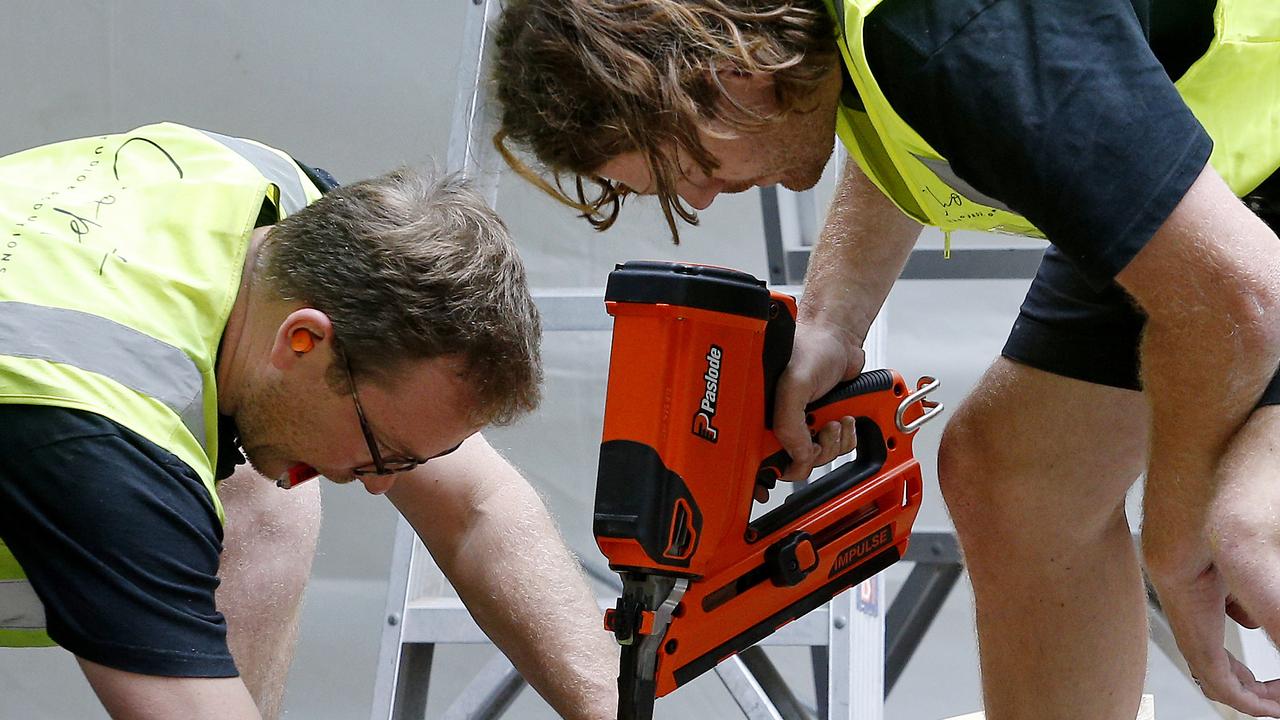Wages growth hits highest rate since 2009, sparking new rate hike fear
With annual wages growth hitting its highest levels in almost 15 years, economists are split on the RBA’s next move on interest rates.

The Reserve Bank may need to raise rates again, economists have warned, after fresh data revealed annual wages growth hit its highest levels in almost 15 years.
The wage price index, which measures pay rates for a basket of representative jobs, accelerated to 4 per cent in the year to September, up from 3.6 per cent in the 12 months to June, the Australian Bureau of Statistics said on Wednesday.
On a quarterly measure, wages grew 1.3 per cent in the three months to September, the highest ever recorded in the index’s 26-year history.
However, wages growth is still languishing behind the 5.3 per cent seasonally adjusted inflation rate for the year to September, implying Australians were still facing a 1.3 per cent pay cut.
Following the latest wage price report, which was in line with market expectations, economists were divided over whether the RBA would lift interest rates as it tries to reduce inflation.
Money markets give just an 8 per cent chance the RBA will raise the cash rate to 4.6 per cent from 4.35 per cent at its December meeting.
But the odds of another hike before June next year is about 50 per cent.
Sean Langcake, head of macroeconomic forecasting at Oxford Economics Australia, said while the RBA was braced for a very strong September wages number, it did highlight the breadth of inflationary pressures in play.
“We don’t think the November hike will be an isolated one and today’s data lend more support to the case for another hike in December,” Mr Langcake said.
RBC Capital Markets strategist Robert Thompson agreed a rate hike was in play and the September wages data was not as benign as markets had thought.
“To hit the RBA’s 4.0 per cent December quarter forecast, December quarter wages would have to print a 0.8 per cent which would be the softest quarter since the 2022 December quarter,” Mr Thompson said.
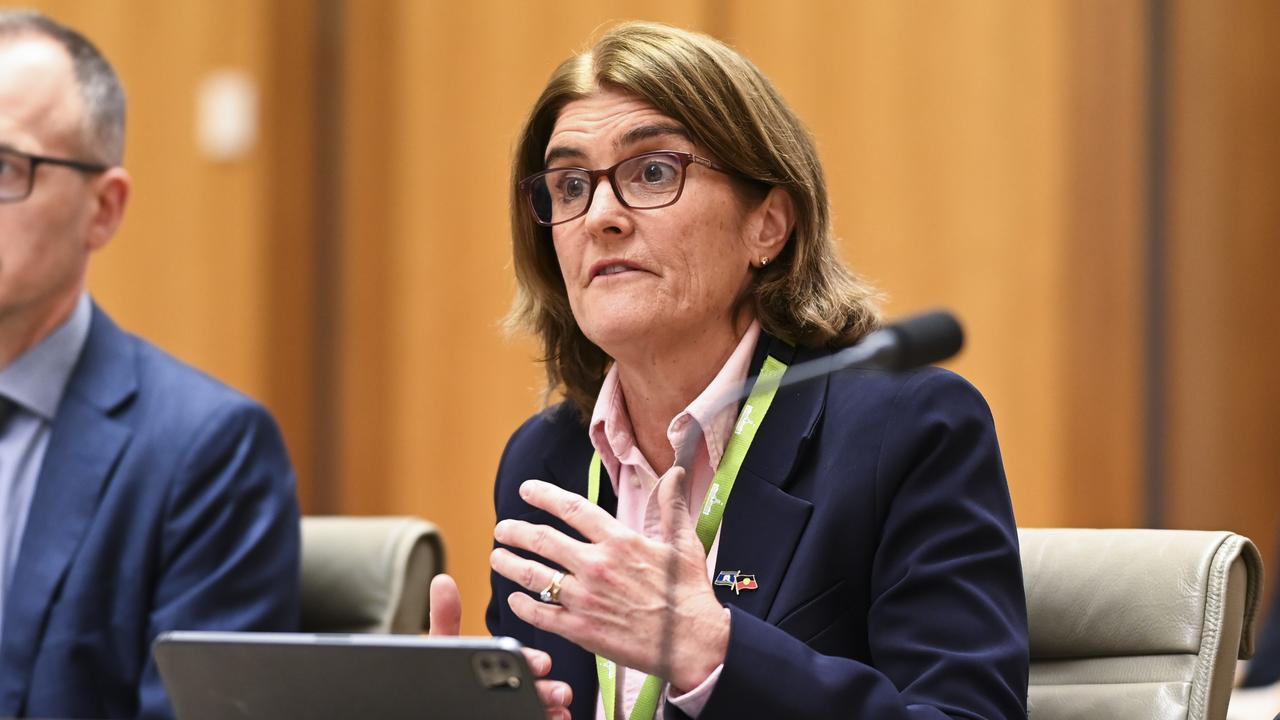
But he did not expect a rate increase this year, with a 2024 first-half rate hike possible depending on the February wages report.
But ANZ economists said the RBA keep rates on hold despite the strong wages figures, which had been widely expected but had been “partly driven by temporary factors”.
“It will not concern the RBA as much as would be expected on face value,” they said in a note to investors
The RBA believes wages growth under 4 per cent is sustainable with returning inflation to its 2 to 3 per cent target band provided productivity, which is currently languishing, can lift.
One-off pay bump
One of the reasons for the strong growth was the Fair Work Commission’s decision to increase minimum wages by 8.6 per cent and award wages by 5.75 per cent.
That pay rise for about 2.5 million low-paid workers came into effect from July 1.
An increase to the wages of 250,000 aged care workers also pushed up payslips this quarter.
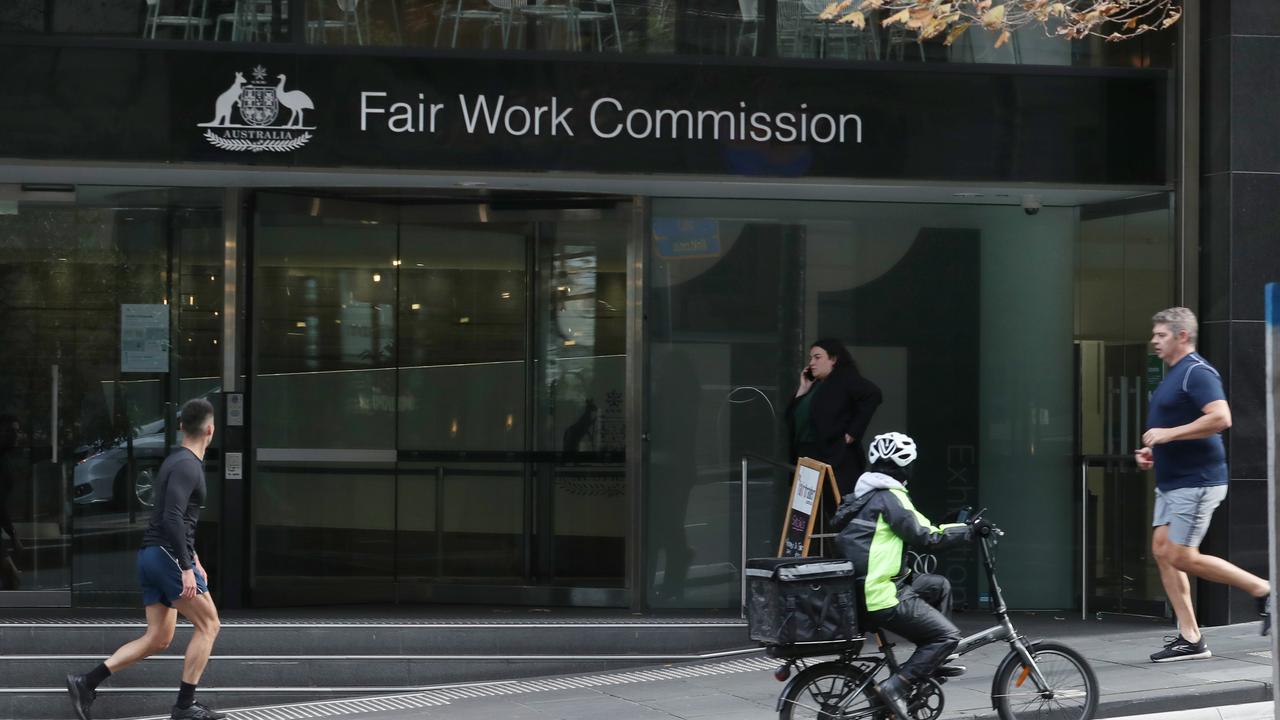
Private sector employees enjoyed wages growth to 4.2 per cent in the year to September, outstripping public sector pay packets that only lifted by 3.5 per cent.
Of all private sector employees, almost 50 per cent received pay rises in the three months to September. For workers who received a jump in their pay packets, this increased by 5.8 per cent on average.
Award reliant sectors experienced the strongest pay increases. With wages in hospitality surging 5.5 per cent and jumping 4.4 per cent in retail in annualised terms.
Commonwealth Bank economist Belinda Allen said the jump in wages growth was likely a one-off as the effect of the minimum wage bump and other changes faded.
“Looking forward, the 1.3 per cent lift in wages will not be repeated in the December quarter of 2023 given the timing of award wage increases is solely in the September quarter this year,” Ms Allen said.
“We expect the pace of wages growth to return to sub-one per cent as indicators of the labour market suggest a degree of loosening.”
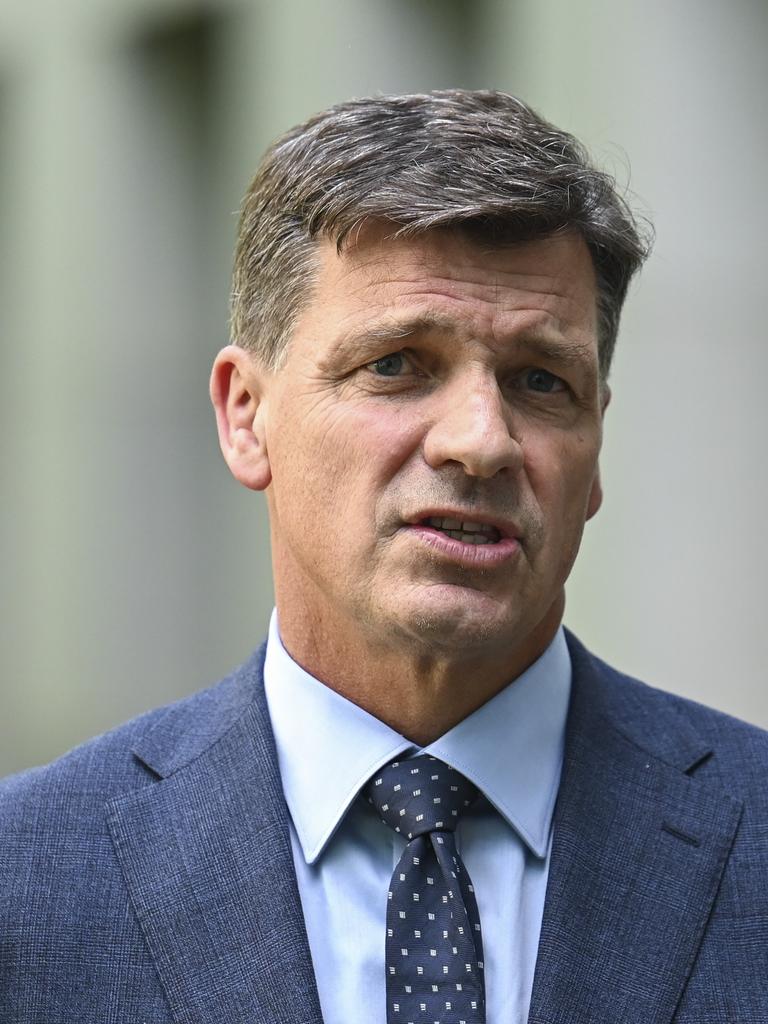
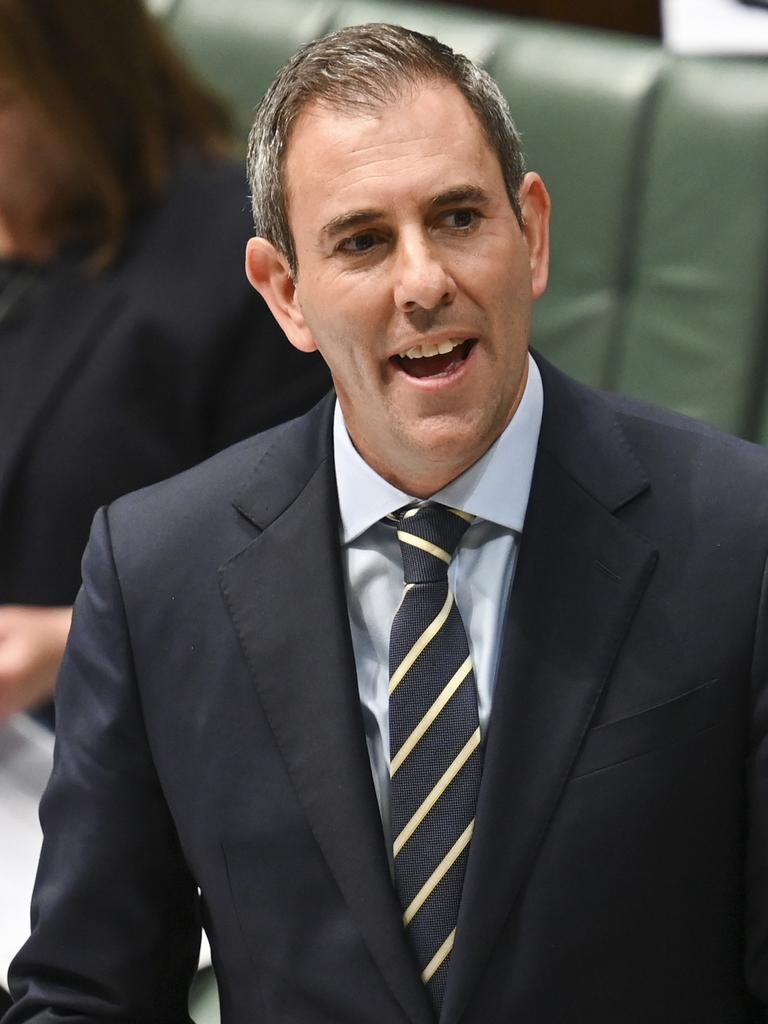
Treasurer Jim Chalmer welcomed the figures and pointed to Treasury forecasts that showed the return of annual real wages growth in 2024.
“Hard working Australians deserve higher wages and that’s what we’re delivering,” Dr Chalmers said.
“We believe that solid, sustainable wages growth is part of the solution to the cost-of-living challenges Australians face, not part of the problem.”
But Coalition treasury spokesman Angus Taylor said Wednesday’s data showed Australians had been dealt a real wage cut.
“Right now we’ve got a treasurer who is out of his depth and out of his touch. He thinks he can spin his way out of this reduction in the standard of living for hard working Australians,” Mr Taylor said.
Read related topics:Reserve Bank



